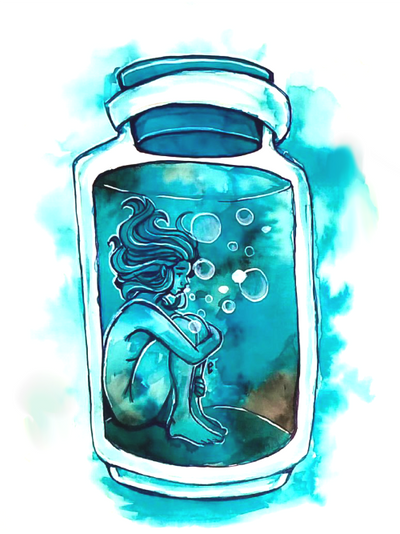In this chapter of the book, Jaquira Diaz talks about the loss of her grandmother, Mercy from her mother’s side and the events that led up to it and events that happened after. I found this part of the section “Familia” significant because it really highlights her family and the relationships she has with her many family members. What really stood out to me was when family members from her mother’s side all came together, mourning the loss of Mercy and trying to arrange her funeral and for Jaqui to end up not showing up to her funeral. It must have been very overwhelming for her as she was conflicted with her own thoughts and feelings about Mercy and everyone else’s. In page 258, she talks about her car ride to Miami City with Cheito. “I’m glad he’s not the type of man who says shit like, “She’s in a better place,” or, “You have to remember the good times.” But in the car, I find myself doing exactly that–trying to remember something good about Mercy.” As you can see, she was so confused with how to feel since she hasn’t had many good experiences with Mercy (since Mercy has always thought less of her because of her blackness) but, she still lost her and wanted to remember her in a positive light.
What also intrigued me was how Jaquira mentions Mercy again in the next section, “Regresando.” Years later, she’s still thinking about Mercy and even “seeing” her. “She’s been dead at least 4 years, but it’s her. I’m sure of it…My grandmother, like a ghost, haunting. And I wonder if Mami sees her too” (pg. 285). This made me wonder if Jaquira had some kind of connection none of us knew, not even her, and how much the loss of a family member can really affect you.











